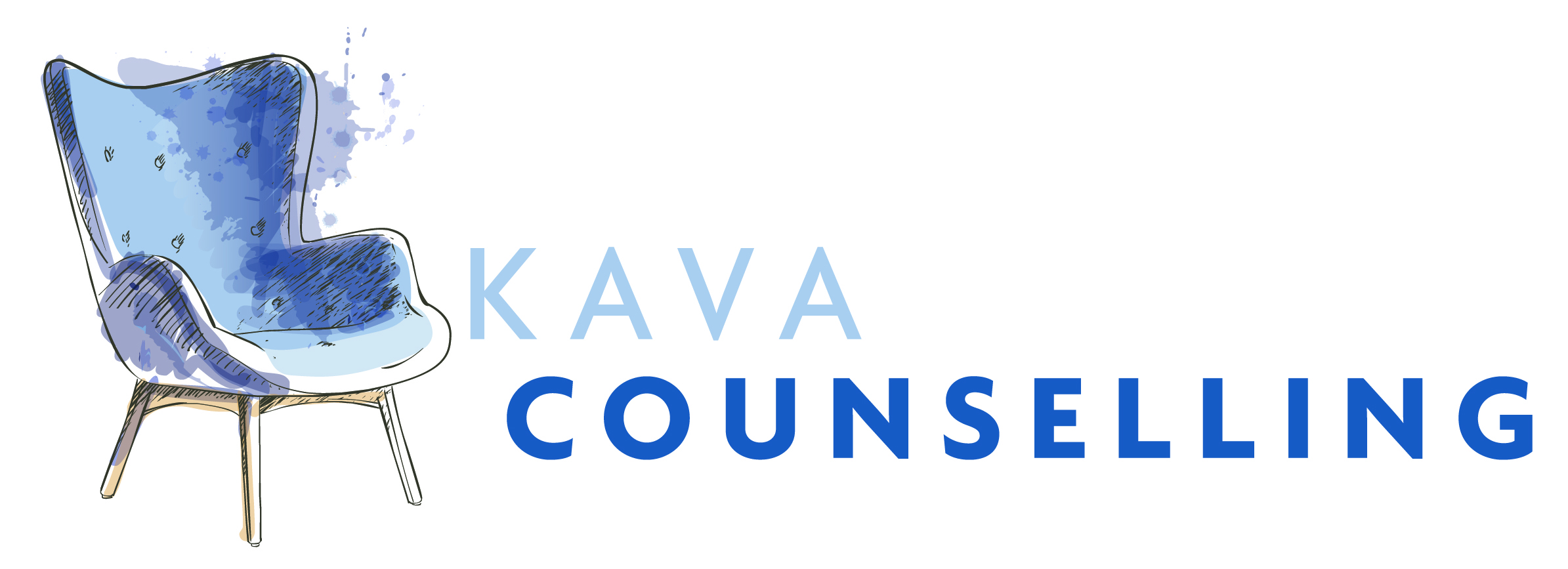Grief is like flu
I thought I knew about grief and bereavement. A few years ago, I went to eight funerals in twelve months. That year was one of the reasons I trained as a counsellor.
Even so, I forgot. Recently, my sister died. She’d been ill for a long time and somehow, I thought that would ward off the loss. I was wrong: when I got the call, I was hit by grief. I thought it’d wear off. Six weeks later, here’s what I think.
GRIEF IS PHYSICAL
Loss is exhausting, it hoovers up your energy. The week after she died, my energy drained away, like I was on permanently low charge. I could only follow one thought at a time. I left my credit card in a payment machine and didn’t realise. I did it twice.
NO INNOCULATION FOR GRIEF
I had to remind myself this was normal, that grief is like ‘mental flu’. Because I’d felt grief, I thought I could avoid it. But loss isn’t like measles, you don’t just get it once. And there’s no flu jab: knowing that a loss is coming doesn’t stop the grief. Rational knowledge doesn’t block off the feelings.
AVOIDING PAIN
Like most human beings, I prefer not to feel pain. I *believe* in sharing feelings, but it’s painful! So, I slyly tried to dismiss it, think my way out of it. I’ll focus elsewhere, divert and distract myself from feeling the actual pain. It’s standard human behaviour. I know that, but because it was so familiar, I overlooked it.
There is a ton of advice about grieving, the five aspects of grief, the centre of the circle, but what I learned this time was that I don’t want to feel pain. This is my takeaway:
WE FORGET. Forgetting is OK. It’s part of recovery to notice the light and warmth in life and begin to enjoy them. We might feel guilty about that, but we needn’t.
A COMPANION IN GRIEF
It’s easier to feel pain with someone else to ‘hold’ us. That’s what counselling does, it’s what a mental or emotional ‘safe space’ means: that our feelings and thoughts are not criticised.
A companion in grief, who accepts and encourages us as we are in that moment, allows us to feel whatever we need to feel. Being accepted helps me to accept myself: it helps me stay with the kaleidoscope of feelings that come with loss.
Carl Rogers, the cornerstone of person centered approach, said: “The curious paradox is that when I accept myself just as I am, then I can change.”
Feelings just want to be felt. Once we feel them, they are satisfied. We may need help, we may need practice, we may need reminders, but that’s OK. Acceptance is a choice we can make every moment.
